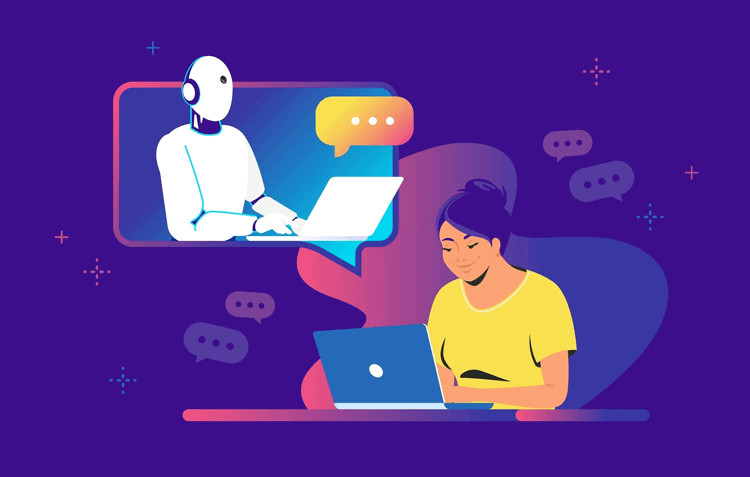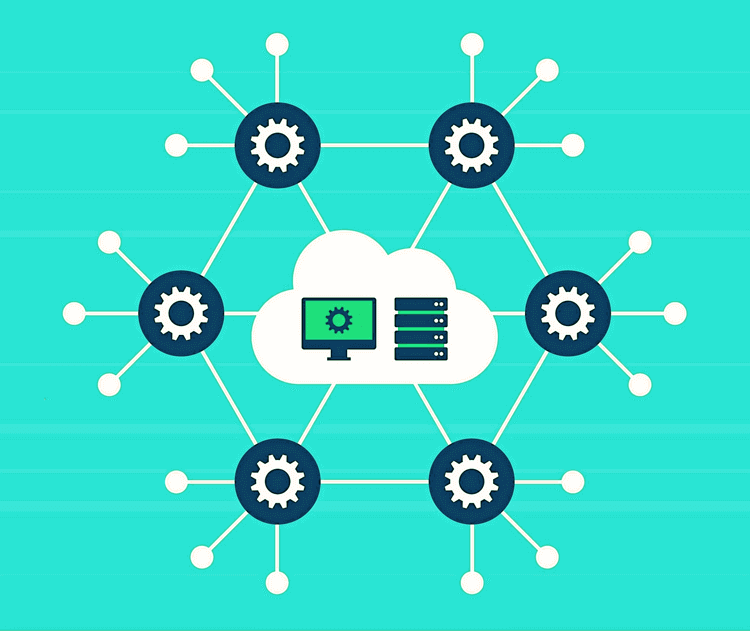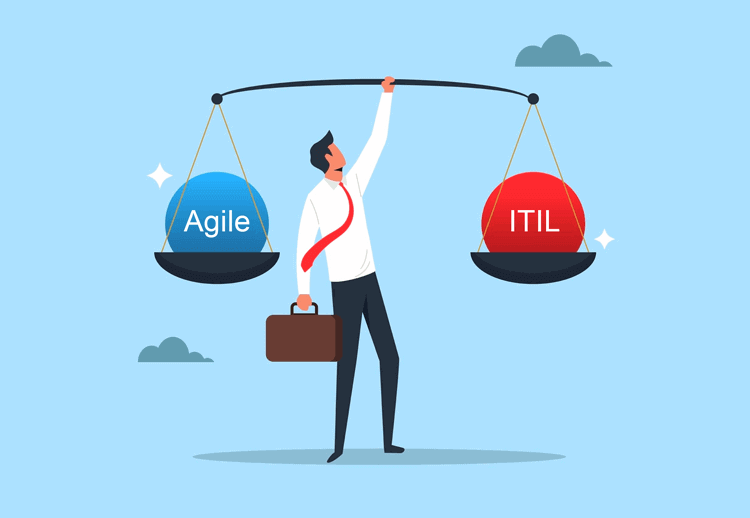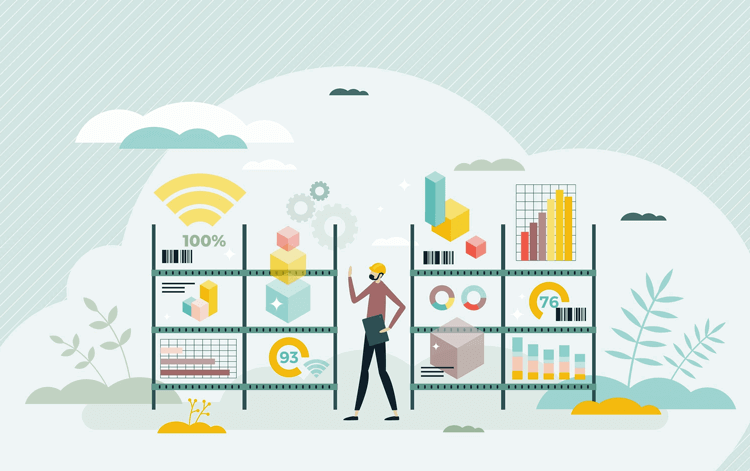How to Use AI for Customer Service: 8 Strategies Plus Advantages for Contact Centers and Help Desks
Customer expectations are higher than ever, and traditional service models often struggle to keep up. Long wait times, repetitive requests, and rising ticket volumes put constant pressure on support teams. That's where Artificial Intelligence (AI) is making a difference.
AI in customer service automates routine tasks, speeds up resolutions, and helps agents focus on complex, high-value interactions. It is transforming how contact centers and help desks operate.
In this article, we look at what AI in customer service means, why it matters, and the strategies and benefits organizations can gain by implementing it.

What is AI in Customer Service?
What is AI?
First, let's define AI: Artificial Intelligence (AI) refers to systems that perform tasks normally requiring human intelligence, using technologies like machine learning (ML), big data, foundation models, deep learning, neural networks, and natural language processing (NLP).
A well-known, user-facing example is OpenAI's ChatGPT. Increasingly, these technologies integrate with customer service software to handle repetitive tasks, personalize interactions, and scale support.
How Does AI Apply to Customer Service?
AI in customer service automates interactions, speeds up response times, and helps agents deliver accurate, personalized support.
It enables:
- Self-service options where customers resolve issues without agent help
- Automated handling of repetitive requests
- Faster, more accurate responses from agents on complex issues
According to McKinsey high-quality customer service can boost revenue 2–7% and profitability 1–2%. AI-powered chatbots can handle queries 24/7, reduce call volume, and free human agents to focus on complex problems.
Common AI models include:
- Foundation Models
- Large Language Models (LLMs) like ChatGPT and Google's BERT
- Generative AI for dynamic responses
It's important to note that AI shouldn't replace human agents, only support them. AI handles repetitive inquiries, while agents take on complex, high-empathy cases. Companies using an "AI + human" approach report higher job satisfaction among agents, where they spend more time problem-solving and less time on routine tasks.
Why AI in Customer Service Matters
AI in customer service uses automation and intelligent tools to improve efficiency, deliver faster support, and enhance the customer experience. Contact centers and help desks are increasingly turning to AI to streamline workflows, handle high ticket volumes, and boost satisfaction.
Businesses that delay adopting AI risk falling behind. Accenture predicts AI could add $14 trillion in economic value across industries and raise profitability by 38% by 2035.
AI-powered chatbots, SaaS platforms, and generative AI tools are now core components of competitive service strategies.
What Is the ROI of AI in Customer Service?
AI adoption delivers not only speed but measurable financial results in the following ways:
- Lower Operating Costs: AI chatbots and automation tools handle routine questions by staff
- Productivity Gains: With ticket classification, routing, and suggested replies automated, agents resolve issues faster and manage higher volumes without additional headcount
- Revenue Growth Through Better Service: Faster resolutions and more personalized support improve satisfaction and loyalty
Watch Our Video On How to Use AI for Customer Service: Transforming Contact Centers and Help Desks
8 Strategies for How to Use AI in Customer Service
-
Use Chatbots to Provide 24/7 Self-Service
AI chatbots deliver instant, always-available support, answering customer questions any time of day.
They:
- Reduce wait times and improve satisfaction
- Handle complex queries using generative AI
- Lower operational costs by offloading routine questions from agents
With accurate, helpful responses, AI chatbots allow live agents to focus on high-value interactions.
-
Categorize Help Desk Tickets Efficiently
AI uses NLP and sentiment analysis to classify and prioritize tickets automatically.
This:
- Cuts manual sorting time
- Flags urgent issues before SLA deadlines
- Identifies patterns to anticipate customer needs
Example: AI can alert agents to overlooked tickets nearing SLA limits.
-
Automate Ticket Assignment
AI routes tickets to the most suitable agent or team, based on complexity and expertise.
It:
- Analyzes request content for best-fit routing
- Monitors queries to spot trends for staffing and training
- Frees agents to focus on solving problems instead of managing queues
-
Generate Self-Serve Content
AI analyzes past tickets and call transcripts to create FAQ articles and troubleshooting guides.
Benefits:
- Always-available, personalized self-help resources
- Faster issue resolution without agent intervention
- Content teams can edit AI drafts for accuracy and depth
-
Use Intelligent Ticket Routing
AI determines the nature of customer issues and routes them to the right team for faster resolution.
Automating routing:
- Reduces handoffs and delays
- Lets agents focus on complex cases
- Improves consistency in ticket handling
-
Analyze Customer Feedback Using NLP
AI with NLP understands both the content and sentiment of customer feedback.
It can:
- Detect changes in common questions or pain points
- Reveal issues linked to new products or services
- Help CX leaders design targeted improvements
-
Automate Customer Satisfaction Tracking
AI automates collection and analysis of CSAT, NPS, AHT, and FCR metrics.
It:
- Reduces manual survey work
- Identifies recurring issues quickly
- Provides real-time performance insights to agents and managers
-
Deliver Personalized Support
AI makes support feel more personalized by reviewing customer history, preferences, and behaviors in real time.
It can:
- Provide context-aware routing, sending customers directly to the right department with their history attached
- Suggest dynamic recommendations based on past purchases, browsing behavior, or ticket history
- Adapt in real time using sentiment analysis, adjusting tone or escalating to a live agent when frustration is detected
3 Key Benefits of AI in Customer Service
-
Automated Tasks Improve First-Contact Resolution (FCR)
AI responds instantly to common queries, freeing agents for complex cases and improving SLA performance.
-
Improved Customer Support Workflows
AI streamlines ticket handling, personalizes solutions, and monitors sentiment to proactively resolve issues.
-
Faster Response and Lower Average Handle Time (AHT)
By automating simple tasks, AI reduces AHT and speeds up resolution. NLP-powered chatbots can interpret queries quickly and deliver relevant answers.
4 Common Challenges of Using AI for Customer Service
Beyond the benefits, there can be challenges when bringing AI into help desk and call center workflows, such as:
-
Data Privacy and Compliance
AI relies on customer data. Organizations must maintain compliance with regulations like HIPAA, GDPR, or CCPA. Secure data handling and protecting personal information are essential to building trust.
-
Accuracy
Generative AI sometimes produces incorrect or irrelevant responses. Without human oversight, these "hallucinations" can frustrate customers and lower their confidence your ability to support them. Clear escalation paths to human agents help mitigate this risk.
-
Customer Frustration with Bots
If AI chatbots cannot resolve issues, customers may feel trapped in endless loops. Providing easy human handoffs from the AI interaction brings smoother experiences.
-
Implementation Costs and Complexity
Deploying AI requires investment in training, integration, and change management. Without proper planning, organizations may face delays and lower ROI.
How Do I Measure AI Success in Customer Service?
As noted above, AI can help in gathering and analyzing metrics. But even further, these metrics need to be reviewed in light of the use of AI in the customer service workflows. Measuring performance makes sure AI is truly improving processes and customer satisfaction.
Key understandings of AI effectiveness are gathered by reviewing the metrics associated with the following questions:
- Did customers rate their AI-driven interactions positively?
- Are more inquiries being resolved on the first attempt thanks to AI?
- Has automation reduced the time required to resolve issues?
- What is the percentage of inquiries fully resolved by AI without requiring human intervention?
- Has AI increased the number of cases each agent can manage effectively?
Key Takeaways: How AI Can Help Customer Service
AI enables:
- 24/7 support via chatbots and LLMs
- Automated ticket classification, assignment, and routing
- AI-generated self-help resources
- Sentiment and feedback analysis
- Automated performance tracking
The bottom line: To remain competitive and deliver excellent support, contact centers and help desks should adopt AI to improve both efficiency and customer experience.
Streamline Your Customer Support with Giva's AI Copilot
Giva has integrated AI solutions with our customer service and help desk SaaS products.
Watch a video demonstration on Giva's AI Copilot capabilities.
Start a free 30-day trial today, or schedule a demo to learn more.





